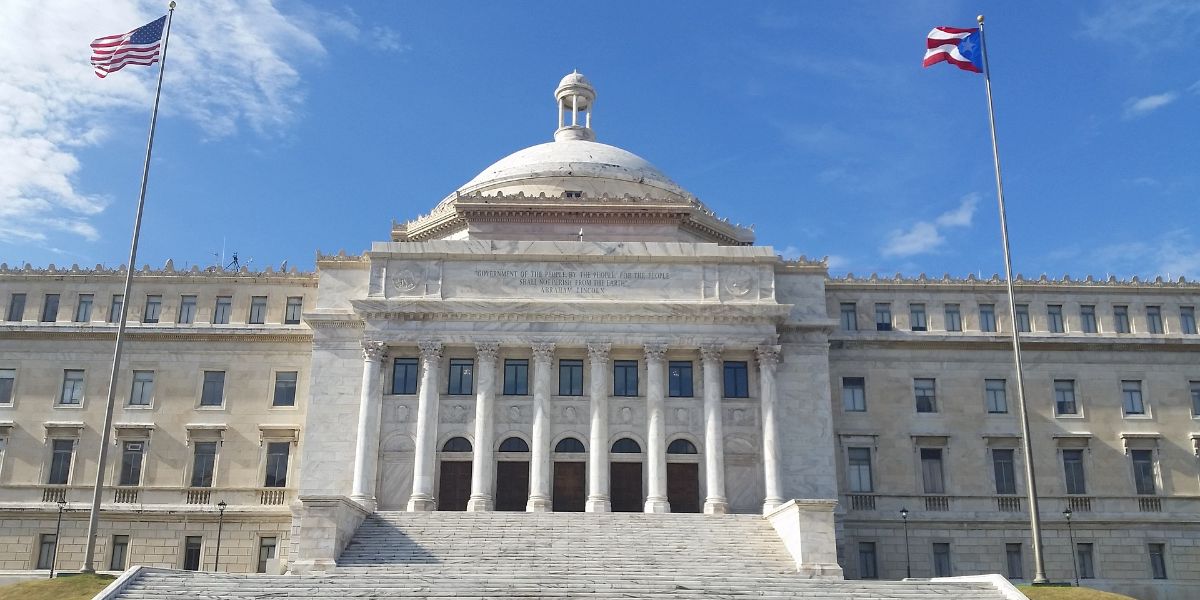Puerto Rico’s Department of the Treasury has initiated a Public Consultation on the Implementation of the Pillar Two GloBE Rules in Puerto Rico, set to conclude on 10 October 2024.
Pillar Two ensures that particular taxpayers are subject to a minimum level of taxation. Pillar Two is divided into the Subject to Tax Rule (“STTR”) and Global Anti-Base Erosion Rules (the “GloBE Rules”). The STTR is a tax treaty rule that restores taxing rights to source jurisdictions where particular transactions are subject to an adjusted nominal rate below 9%.
The GloBE Rules are composed of interlocking rules incorporated in domestic tax legislation that seek to ensure that MNE Groups with annual revenues of EUR 750 million or more are subject to a minimum level of taxation of 15% regardless of the jurisdictions where they operate.
The GloBE Rules are comprised of Income Inclusion Rule (the “IIR”) and the Undertaxed Profits Rule (the “UTPR”), which provide for special treatment of Qualified Domestic Minimum Top-up Taxes (“QDMTTs”). The IIR operates similarly to Controlled-Foreign-Corporation Rules (“CFC Rules”), given that it requires a parent entity to collect the Top-up Tax calculated for subsidiaries in low-tax jurisdictions.
The UTPR is a backstop rule that ensures that any amount of Top-up Tax owed by the Ultimate Parent Entity (“UPE”) of the MNE Group that is not otherwise collected within the MNE Group is collected by the group entities located in jurisdictions that have the UTPR.
Puerto Rico’s corporate income tax
The corporate income tax rate structure consists of an 18.5% ordinary tax plus a surtax which includes graduated rates from 5% through 19%, for a maximum tax rate of 37.5%. While the general rule includes the ordinary tax and surtax, certain corporations in Puerto Rico may benefit from special tax regimes on eligible income.
Such special tax regimes and the determination of eligible income has been part of the Puerto Rico tax system through the adoption and implementation of a variety of tax incentive laws for the promotion and establishment of certain business activities.
According to the consultation document, the Treasury Department is currently focused on inbound investments and is not considering implementing the Income Inclusion Rule (IIR) or the Undertaxed Profits Rule (UTPR) at this moment.
The effect of this policy decision is the following:
- MNE Groups headquartered in Puerto Rico will not be required to apply the IIR and, therefore, could be potentially required to apply the IIR or UTPR in other jurisdictions in relation to Constituent Entities located in low-tax jurisdictions;
- Parent Entities located in Puerto Rico of foreign headquartered MNE Groups will not be required to apply the IIR; and
- Puerto Rico will not collect any tax under the UTPR that it otherwise could have the right to collect.
The QDMTT is a Top-up Tax that applies to profits in the jurisdiction of the subsidiary that generates them. It allows low-tax jurisdictions to collect the Top-up Tax that would generally be otherwise collected under the IIR or the UTPR. The calculation of the QDMTT is the same as the one under the GloBE Rules with a few exceptions.
The GloBE Rules and the QDMTT require MNE Groups to undertake at least two similar calculations under two sets of domestic legislation: one in the jurisdiction applying the GloBE Rules and the other in the jurisdiction applying the QDMTT.
Where the QDMTT meets particular standards, the MNE Group can apply the QDMTT Safe Harbour without the need of additional computations in the jurisdiction applying the GloBE Rules (e.g., the UPE jurisdiction).
A Domestic Minimum Top-up Tax (DMTT) that departs from the GloBE calculations will not be considered a QDMTT except where those deviations are considered as mandatory or optional variations agreed by the the OECD/G20 Inclusive Framework on Base Erosion and Profit Shifting (BEPS).
Public consultation
As the Department of the Treasury is not pursuing the IIR or UTPR, the consultation document stated that the government is now focused on enacting the Qualified Domestic Minimum Top-up Tax (QDMTT) and its various provisions. The consultation document also addresses the potential introduction of an alternative minimum tax, possibly a Domestic Minimum Top-up Tax (DMTT) and the possible implications of tax incentives and grants.
The political agreement reached by member jurisdictions of the BEPS is that the GloBE Rules have the status of a common approach. This means that jurisdictions are not required to implement the GloBE Rules, but if they decide to do so, they have to implement them in accordance with the Model Rules and Commentary agreed by BEPS.
Puerto Rico is not required to implement the GloBE Rules or change its legislation in response to these provisions. However, the Department of Treasury is currently evaluating the impact of these rules in Puerto Rico and different policy options to maintain its competitiveness.











